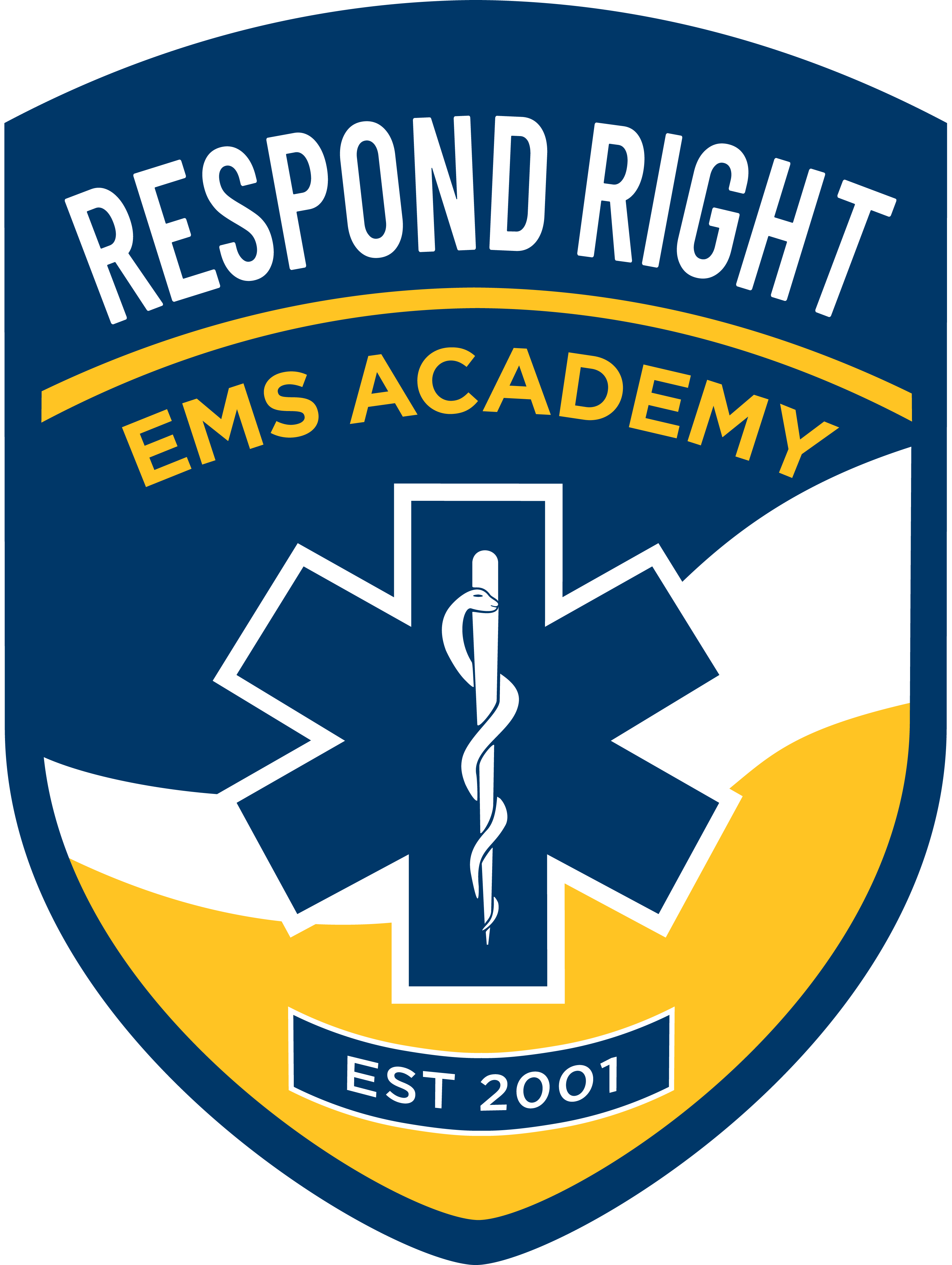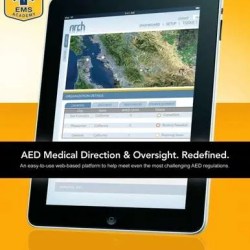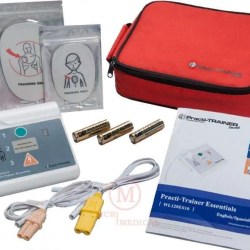
Becoming an EMT or Paramedic is a major accomplishment, and the final hurdle before earning that title is passing the NREMT Cognitive and Psychomotor Exams. These exams are designed to test your knowledge, critical thinking, and hands-on skills to ensure you’re ready to deliver lifesaving care in the real world.
Whether you’re still in EMT school or preparing for a retake, this guide will walk you through exactly what to expect and how to prepare.
What is the NREMT Cognitive Exam?
The Cognitive Exam is a computer-based test that evaluates how well you apply your medical knowledge to real-life scenarios. It doesn’t just test memorization—it challenges your ability to think like an EMT.
This exam covers a range of topics including airway, respiration, and ventilation, cardiology and resuscitation, trauma, medical issues including obstetrics and gynecology, and EMS operations. You’ll be tested on your ability to integrate knowledge across these areas.
The test consists of anywhere between 70 to 120 questions, and you’ll have two hours to complete it. It uses an adaptive format, meaning the difficulty of each question changes depending on how you’ve answered previous ones.
Tips to Pass:
One of the best ways to prepare is by using NREMT-style practice tests, which will help you become familiar with how questions are phrased. Focus on truly understanding the material so you can apply it to real-world patient care scenarios. Managing your time wisely during the test is also key—don’t spend too much time on a single question. Use process-of-elimination strategies, and unless you’re confident about a change, avoid second-guessing yourself.
What is the Psychomotor Exam?
The Psychomotor Exam is designed to assess your ability to perform essential hands-on EMT or Paramedic skills under pressure. The required skill stations vary based on your certification level.
If you’re testing as an EMT, you’ll typically be evaluated on patient assessment and management for both trauma and medical cases. You’ll also perform tasks such as bag-valve-mask ventilation, cardiac arrest management with AED use, bleeding control, shock management, spinal immobilization, and long bone fracture stabilization.
For Paramedics, the exam involves more advanced procedures. You may need to demonstrate dynamic cardiology interventions, IV therapy and medication administration, endotracheal intubation, and pediatric-specific emergency skills.
Tips to Pass:
The key to passing the psychomotor exam is consistent practice. Go through each skill step-by-step until it becomes second nature. Try simulating testing conditions with a classmate or instructor to build your confidence. Use memory aids like AVPU, SAMPLE, or DCAP-BTLS to recall the correct order of procedures. It’s important not to rush. Focus on performing each step accurately and clearly verbalize your actions to show the evaluator that you understand what you’re doing.
Prep Resources That Actually Work
You don’t have to prepare alone. Enrolling in a quality EMT/Paramedic continuing education program can make a huge difference in your preparation. These programs often include NREMT-focused review sessions, refresher courses such as the 24-Hour EMT Refresher Course, and personalized tutoring that covers both written and practical components.
If you need more flexibility, consider hybrid or online training formats. For example, our Hybrid EMT Course combines online learning with in-person skills training, giving you the best of both worlds.
Ready to Crush the NREMT?
Passing the NREMT exams takes preparation, confidence, and support. Focus on building your understanding, sharpening your skills, and staying calm under pressure. Whether you’re just beginning your EMS career or preparing for a retake, know that this is a temporary challenge—and you’re capable of overcoming it.
If you’re looking for more insight, check out Common Challenges in EMT Training to help you avoid common roadblocks. And once you’re certified, make sure to stay on track by reading our guide on How to Renew Your EMT/Paramedic Certification.

















